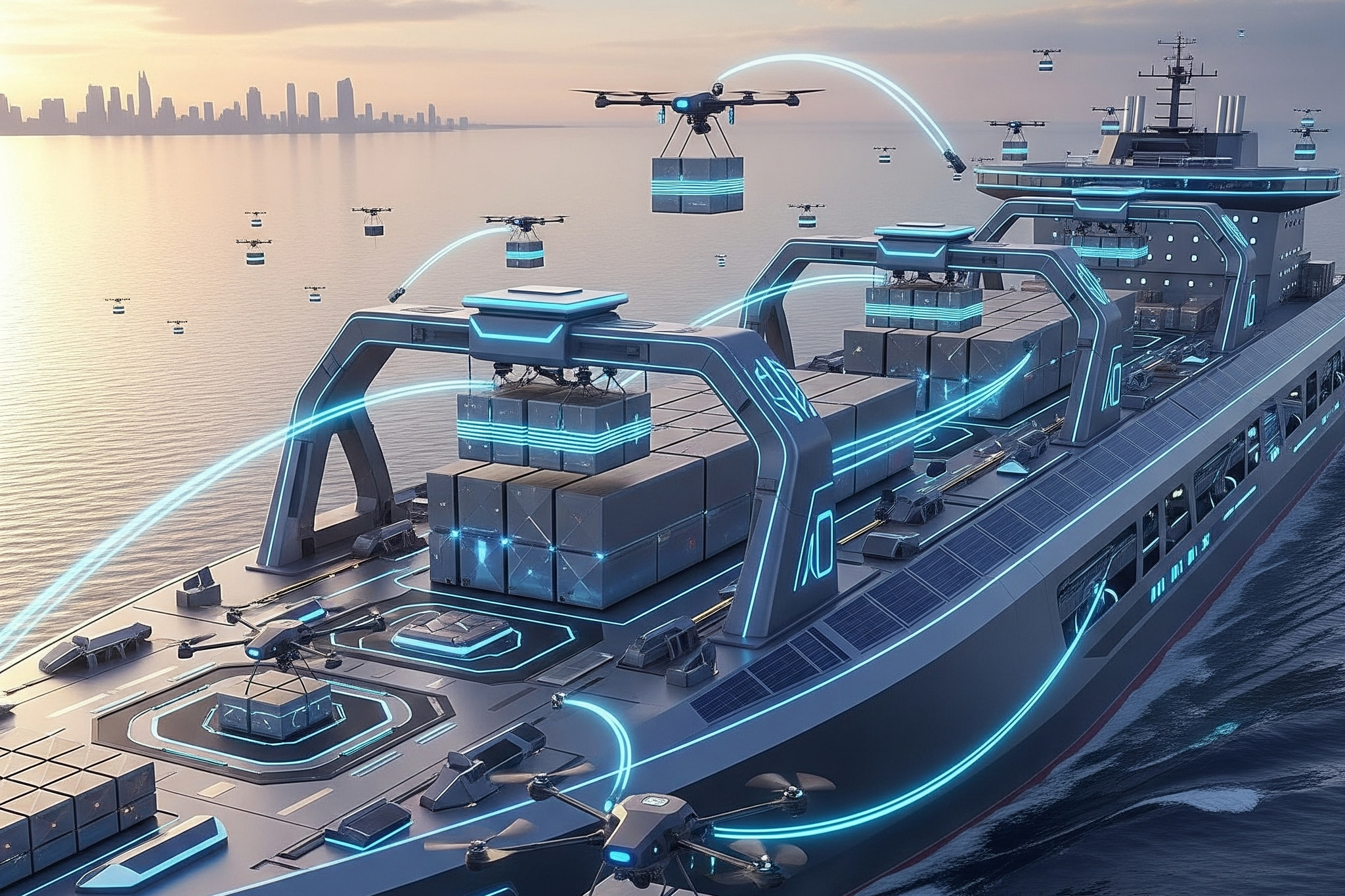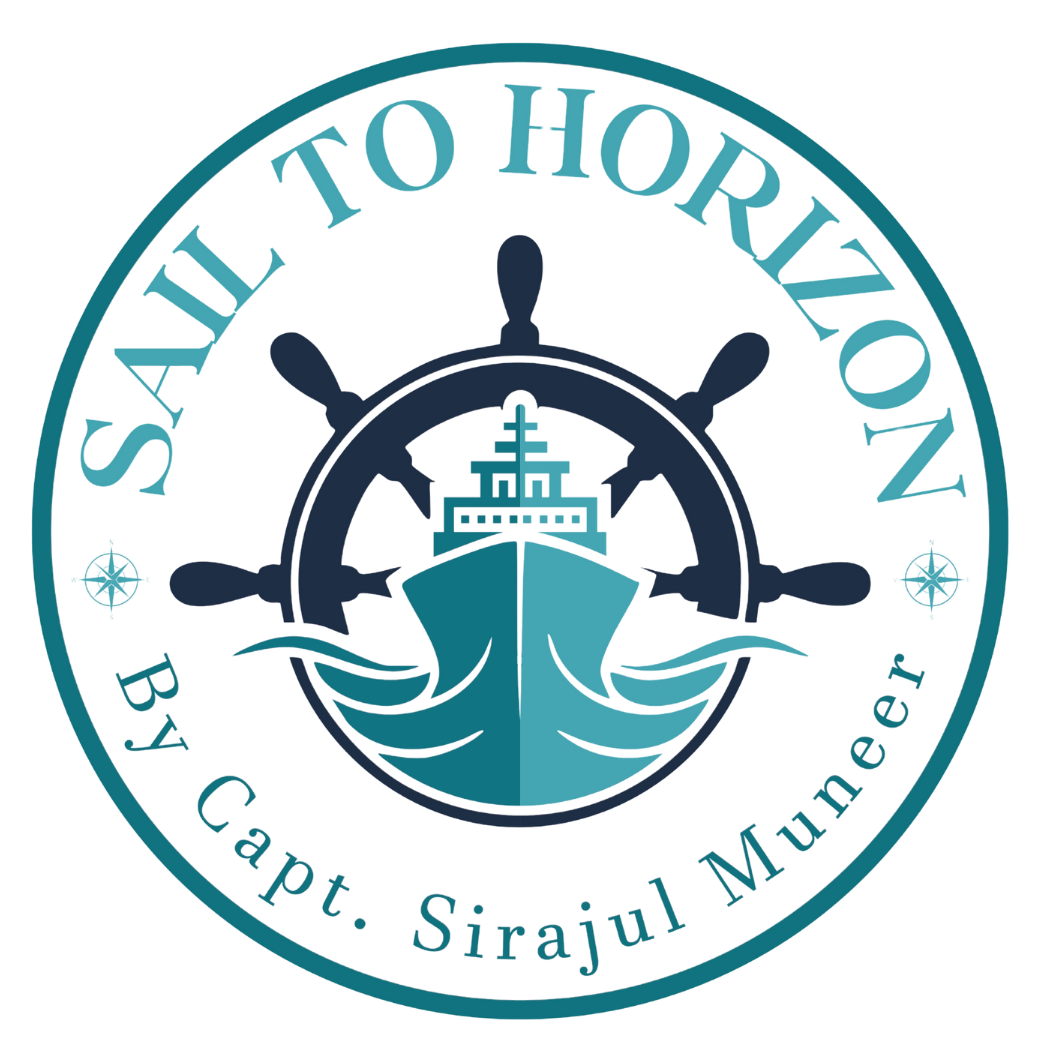The world of maritime cargo shipping, an age-old industry that forms the backbone of global trade, is currently experiencing a profound and exciting metamorphosis. Driven by the relentless march of technological progress, the traditional image of massive container ships traversing vast oceans is rapidly evolving. We are witnessing a paradigm shift where innovation is no longer a futuristic concept but a present-day reality, deeply embedded in every facet of the industry, from the design and operation of vessels to the intricate logistics that govern global supply chains. Automation stands at the forefront of this revolution, with autonomous and semi-autonomous vessels inching closer to becoming a widespread reality. These ships, equipped with sophisticated sensors, AI-powered navigation systems, and remote monitoring capabilities, promise to enhance safety by reducing human error, optimize routes for fuel efficiency, and potentially alleviate the pressures of crewing in the long run. Artificial intelligence (AI) is also playing an increasingly vital role, analyzing vast datasets to predict weather patterns, optimize port operations, and streamline cargo loading and unloading processes. This intelligent approach leads to reduced turnaround times, minimized delays, and ultimately, more cost-effective shipping. Furthermore, the integration of the Internet of Things (IoT) is providing unprecedented levels of connectivity and real-time data insights. Sensors embedded throughout vessels and cargo containers transmit crucial information about vessel performance, cargo conditions (temperature, humidity, etc.), and potential security threats, enabling proactive decision-making and preventative maintenance. Big data analytics takes this wealth of information and transforms it into actionable intelligence, allowing shipping companies to optimize their fleet management, predict potential equipment failures, and make data-driven strategic choices. Beyond operational efficiencies, the urgent need for environmental sustainability is driving significant innovation in green propulsion technologies. The industry is actively exploring and adopting alternative fuels such as liquefied natural gas (LNG), methanol, ammonia, and even hydrogen, alongside the development of hybrid and fully electric propulsion systems for shorter voyages. Innovative hull designs that reduce drag and the implementation of wind-assisted propulsion technologies are also gaining traction, all aimed at minimizing the carbon footprint of maritime transport. In conclusion, the confluence of automation, artificial intelligence, IoT, big data analytics, and green technologies is not just incrementally improving cargo shipping; it is fundamentally reshaping the industry. These cutting-edge advancements promise a future of safer, more efficient, and environmentally responsible maritime transport, ensuring that the flow of global trade remains robust and sustainable for generations to come.
Cutting-Edge Tech Reshaping Modern Cargo Shipping


